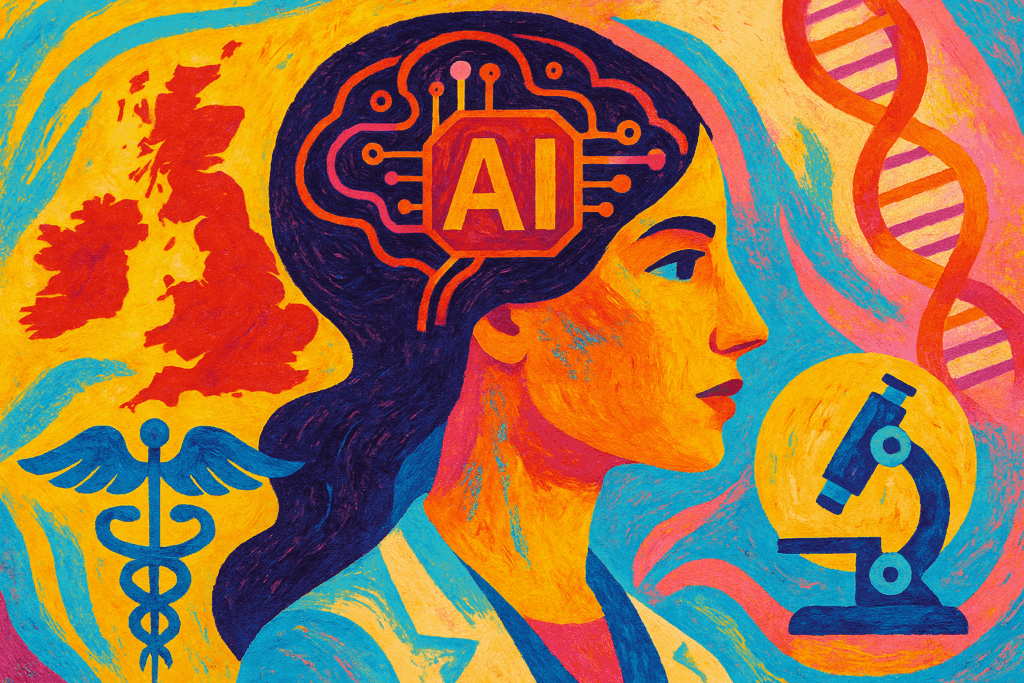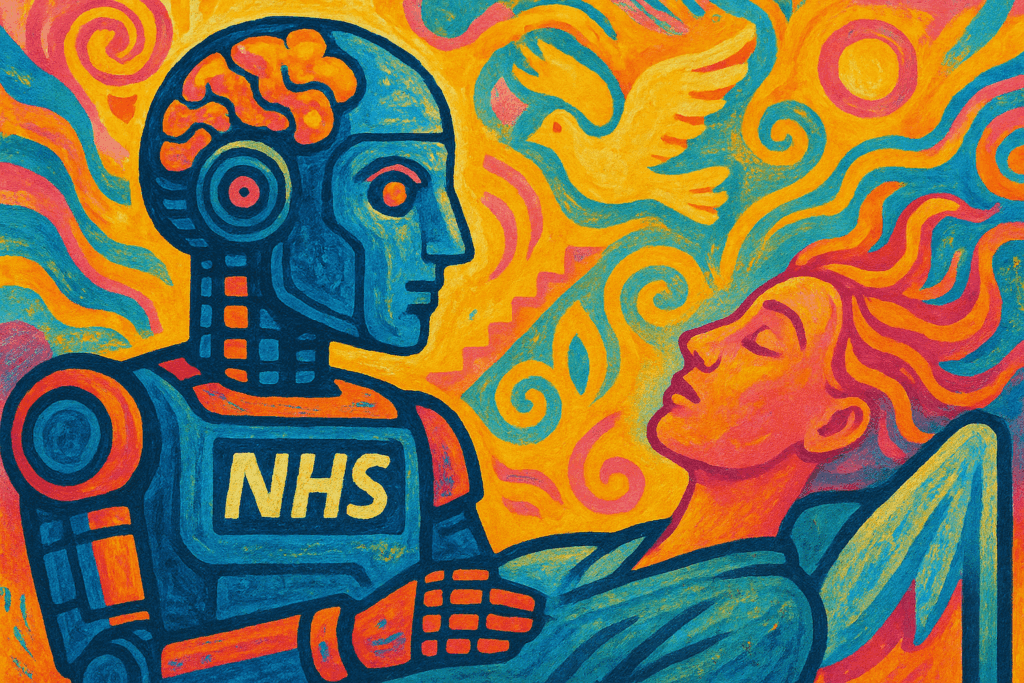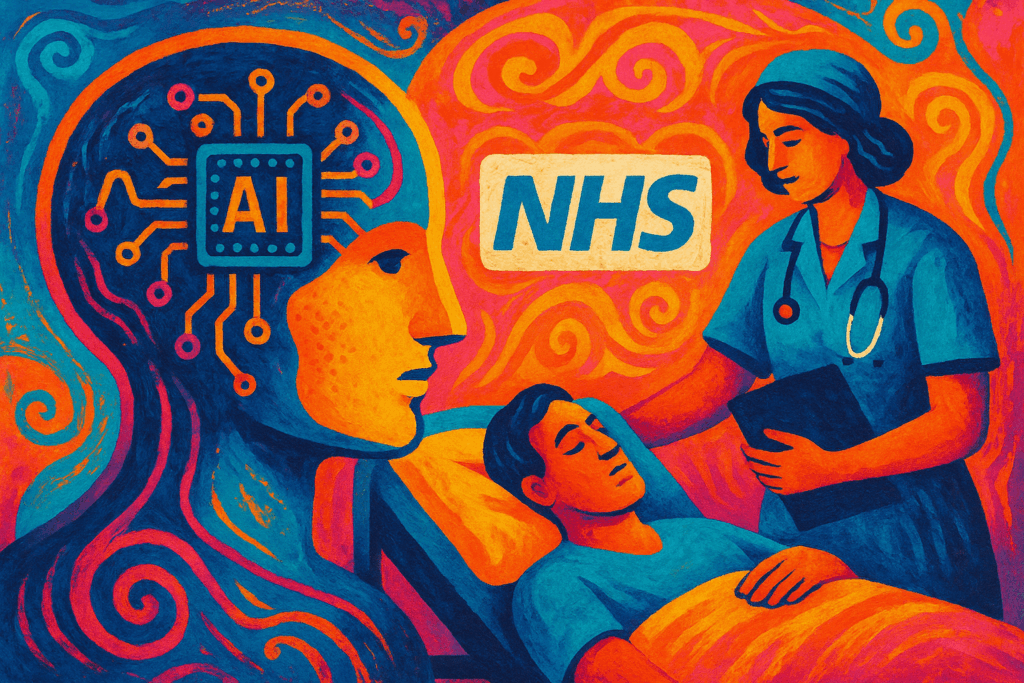AI’s Evolving Footprint in UK Healthcare: Latest Innovations & Strategic Shifts
The integration of Artificial Intelligence within UK healthcare continues to gain momentum, responding to increasing demands for personalized care, data-driven medicine, and earlier diagnosis. Recent UK government initiatives and NHS investments demonstrate a strategic focus on embedding AI technologies across diverse aspects of the health system, from behavioral support to genomics and diagnostics.
Personalizing Care: AI Health Coaches Advance
The Department of Health and Social Care (DHSC) has advanced its research into AI-powered health coaching tools, aiming to provide more personalized support for patients managing long-term health conditions and lifestyle changes. These AI health coaches are designed to deliver tailored behavioral interventions using real-time data and machine learning algorithms, adapting to individual needs to encourage sustained health improvements. The programme has progressed to the alpha testing phase, suggesting practical applications within NHS services are moving closer to reality.
Genomic Medicine & Data Foundations: Powering Precision with AI
NHS England’s commitment to a £5 billion investment in the Genomic Medicine Service highlights the increasing reliance on sophisticated data for precision healthcare. Expanding genomic sequencing capacity and integrating pharmacogenomics—where patient genetics guide medication selection and dosage—creates an extensive dataset primed for AI-driven analysis. These developments depend on robust Electronic Patient Records (EPR) systems that enable comprehensive data sharing and interoperability. EPRs provide the foundation for AI algorithms to access, process, and generate actionable clinical insights at scale, underscoring their role as a critical enabler of AI-based precision medicine.
Breakthrough Diagnostics: AI-Enabled Early Detection
Innovations in diagnostics also underscore AI’s growing impact. Imperial College London’s trial of a breath test for pancreatic cancer represents a significant step towards earlier detection of hard-to-diagnose diseases. The complex data generated by such novel tests are well suited for AI analysis, which can identify subtle biomarker patterns beyond human discernment. Integrating AI into diagnostic workflows could accelerate detection times, improve diagnostic accuracy, and ultimately enhance patient outcomes.
Together, these initiatives reflect a strategic shift within UK healthcare towards embedding AI across multiple domains, creating a foundation for more predictive, personalized, and efficient care delivery. As these technologies mature and intertwine with existing health infrastructure, AI is positioned to become a central component in the future of healthcare transformation.




